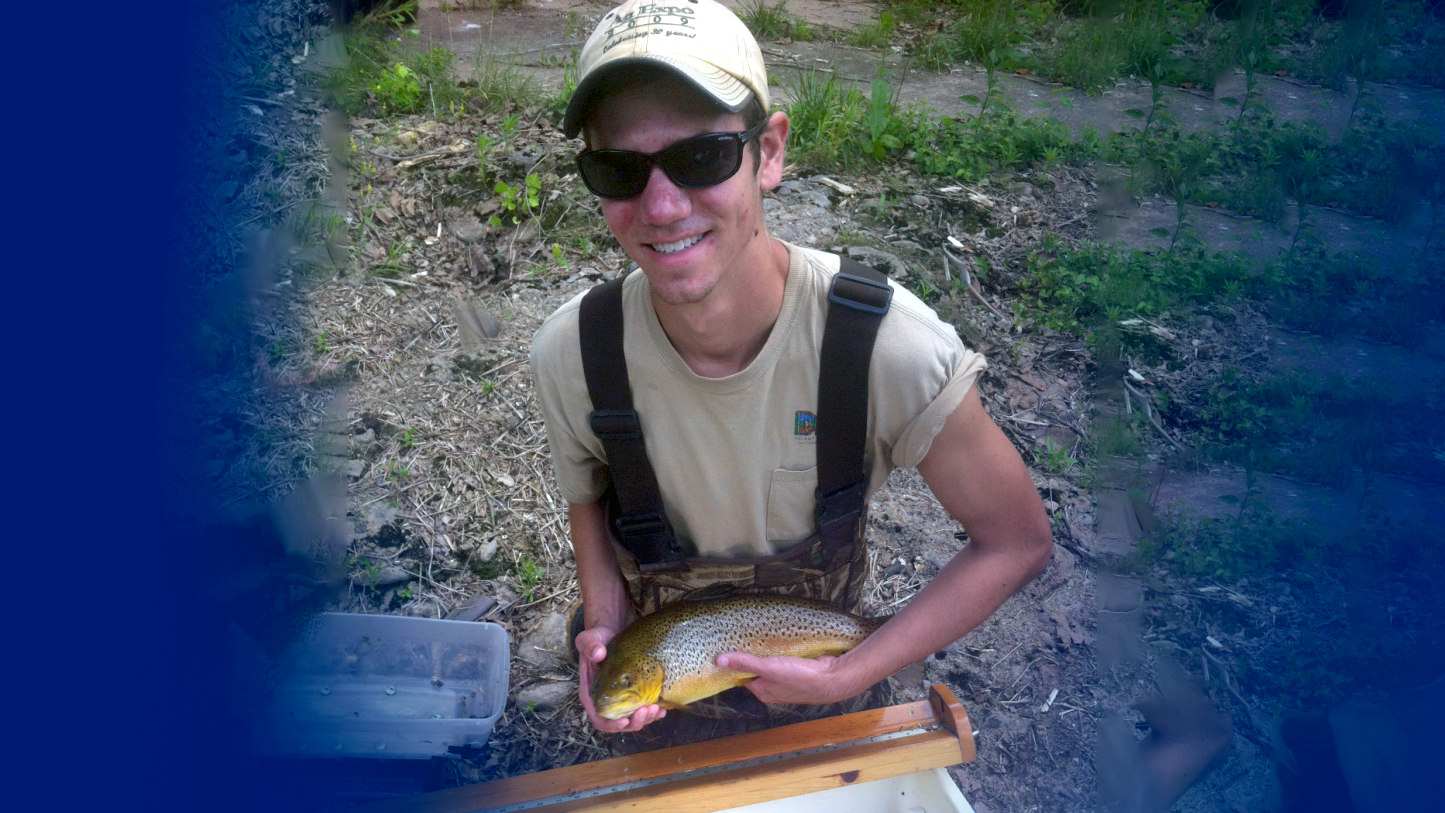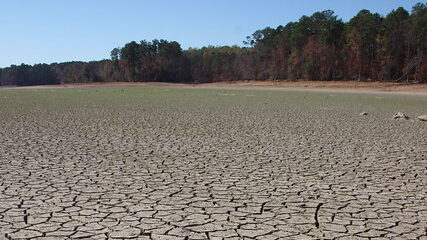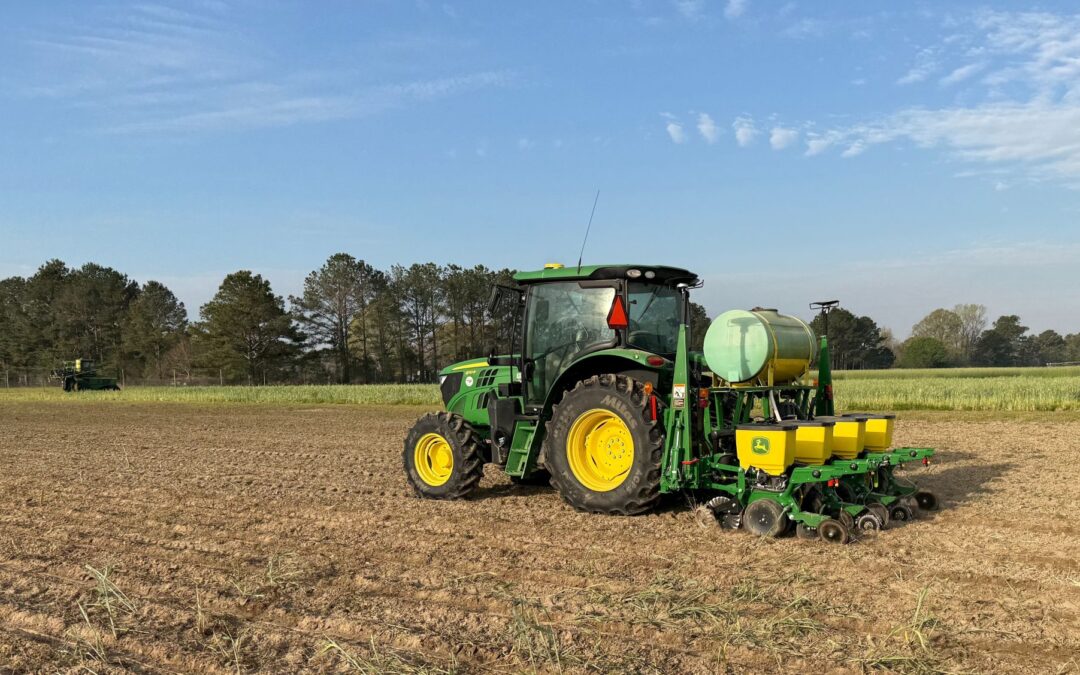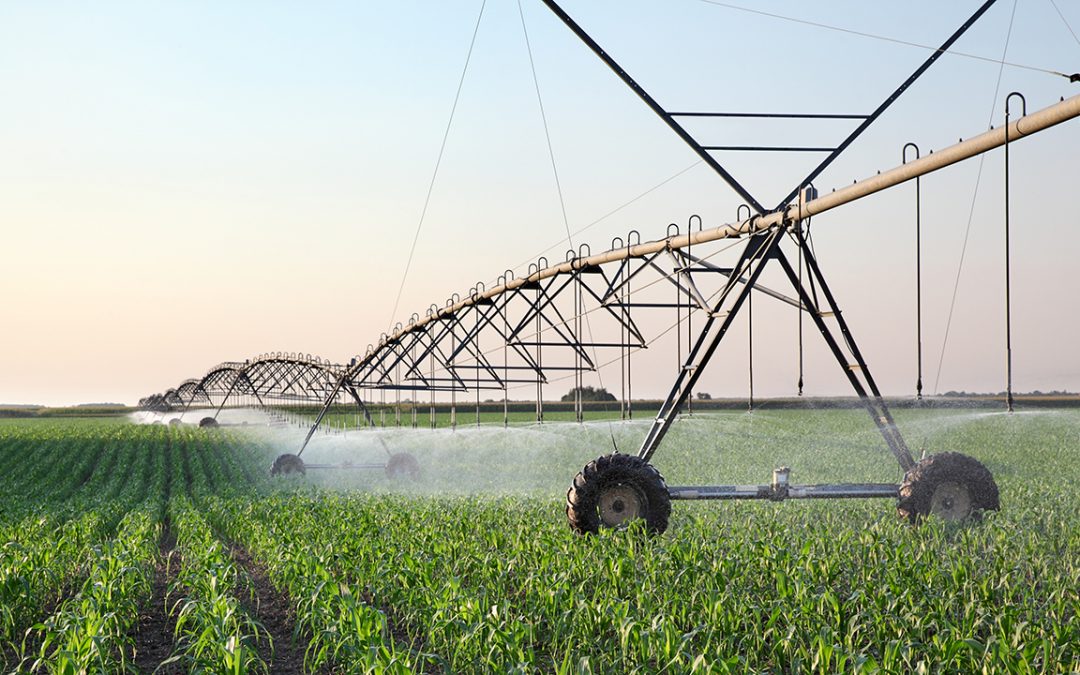Ben Staton is a graduate assistant pursuing a degree in fisheries management. Ben’s research is focused on Chinook salmon stocks in western Alaska. He is using long-term data sets to create and test models that address questions and make predictions relating to the stock’s population dynamics.
Ben completed his undergraduate study at Michigan State University with a B.S. in Fisheries and Wildlife Sciences where he contributed to research on Chinook salmon in Lake Michigan. He also completed an internship at the University of Texas Marine Science Institute which focused on the growth of fish otoliths. Leading up to his graduate position, he served as a fisheries aide with the Indiana Department of Natural Resources where he gained experience sampling fish in the field and an exposure to the operation of state government. After school, Ben would like to pursue a career as a fisheries research biologist at either the state or federal level.
Learn more about Auburn University School of Fisheries, Aquaculture & Aquatic Sciences and the Quantitative Fisheries Lab.





